"The Bogle Curse": How Four Generations of Criminals Defined A Family
For generations, the Bogle family came to be defined by their criminality, with at least 60 family members known to have been incarcerated over the years, the family's lasting legacy became crime
Background
For many families, tradition and legacy are passed down from one generation to the next. For Oregon’s infamous Bogle family, that tradition was crime. Living on the wrong side of the law was so deeply ingrained in the family dynamics that they could trace criminal lineage all the way back to the Civil War.
It spanned four generations and multiple states from Texas to Oregon. By the early 1920s, its ancestors included moonshiners and carnival workers, and involved hundreds of felonies and nearly every type of lawless behavior.
Over the years, the Bogles had the dubious distinction of having had over sixty members of the family in jail, prison, or juvenile detention facilities. How does a family influence their children to follow in the family’s illegal footsteps?
In his 2018 book, In My Father’s House, Fox Butterfield recounts the Bogle family's story through interviews with incarcerated family members. He attempts to tell the multigenerational history of the family’s criminal activities, with men, women, and children participating in various crimes.
Family History
One of the earliest Bogle men with a criminal lifestyle was Grandpa Carpenter Bogle, known as a confidence man or, simply, a con man. He plied his trade by cheating people at carnivals. Carpenter was Louis Bogle’s grandpa and passed on his crooked ways to his grandson. In the house where Louis grew up, con games were a way of life.
In the summer of 1920, Louis Bogle left Tennessee for a fresh start in Paris, Texas. He married a woman named Elvie, conning her into believing he had a mansion and a Model T car.
After learning that Louis was not what he claimed to be, Elvie took matters into her own hands. She applied for a job at a carnival, riding a motorcycle in a daring show. She had learned to ride a motorcycle at age thirteen, helping her uncle deliver mail.
After prohibition took effect, Louis began earning money by making moonshine and selling it to thirsty customers, while Elvie delivered it on her motorcycle. At one point, Elvie was briefly detained by the law but was released. Over the years, Louis would rack up numerous felony convictions.
Louis and Elvie had five sons and a daughter. As the years went by, all of their sons were incarcerated. The Bogle family was behind so much criminal activity in Paris that the police resorted to pulling over their cars almost every day. Charlie Bogle, Louis’s son, joked that the Bogle boys were guilty of a new crime, “Driving while Bogle.”
“Rooster” Bogle
Dale Vincent Bogle, who became known as “Rooster,” was the youngest of Louis and Elvie’s five sons, and according to many, the meanest and most vicious. He was Elvie’s “pride and joy”, and she constantly defended him and enabled his criminal ways. Rooster’s main ambition was to ‘be a Bogle’ in the worst sense of the word, which to him meant crime and violence. He was first arrested in 1959, at the age of 17.
It was by watching and learning from his father and older brothers, combined with his mother’s permissive attitude, that molded Rooster into a habitual criminal. Rooster had two different wives, Kathy and Linda, and had children with each of them. He was extremely volatile and abusive with both of them.
He would routinely beat his wives, sometimes near death, and was also abusive towards his ten children. His sons recalled stories of how he’d force them to smoke up to two packs of cigarettes, one after another, until they threw up. By age thirteen, the boys were made to have sex with prostitutes, while Rooster watched.
Rooster’s son, Bobby, recalled that there were always neighbors’ houses to burglarize, chickens or cows to steal, gardens to raid for food, or construction sites to plunder. Rooster made extra cash by selling stolen tools or metals to supplement his income as an on-again, off-again ironworker.
Bobby remembers the only Christmas he ever received a gift from his father. He was four years old, and his father gave him a heavy metal wrench inside a plain brown paper bag without explanation. As he overheard his father sharing stories of criminal exploits, young Bobby formed a plan.
Before dawn, he and his brother snuck out of the house and went to a local store called V&V Market, using the wrench awkwardly to break the lock on a wired cage full of Coca-Cola bottles. To his family’s delight, Bobby and his brother carried the sodas back for a Christmas gift, earning Rooster’s praise.
Bobby’s brother, Tracey, recalled that growing up, there were never any toys or games. “Our only game was stealing.” The only rule was don’t get caught. There was always a competition to see who was the baddest.
On one memorable night, Rooster and his wife, Kathy, who sat in the pickup as lookout, drove to Bonneville Dam on the Columbia River. The kids broke into the government-run fish hatchery and helped themselves to coho and Chinook salmon. They filled Rooster’s truck with stolen fish, which they later sold to neighbors, while feasting on the rest.
Rooster Bogle took such pride in his family’s outlaw ways that he gave all his kids a tattoo – little blue dots under their left eyes. Only later would the children learn that the blue dots on the left cheek were marks that convicts in state and federal prisons gave themselves in the 1950s and 1960s to identify other inmates once they were released.
When the family would drive past a maximum security prison near Salem, Oregon, Rooster would point to it and say, “Look carefully, boys, because when you grow up, this is where you’re going to live.” It’s no wonder that all ten of his children did time in various jails, prisons, or reformatories.
An Incubator of Crime
A grand jury back in Paris, Texas, had once referred to the Bogle household as “An incubator of crime.” This seems like an accurate assessment, considering that those who were born into the family were nurtured, groomed, and encouraged to become criminals.
A defense attorney who represented Rooster’s son, Tony Bogle, on a murder charge told author Fox Butterfield:
“If you were going to go out and create the perfect criminal, this is how you do it. It’s the Bogle blueprint. You take young children and mentally and psychologically torture them. Take away all their dignity as a human being. So they have no sense of empathy for others. Then they become perfect psychopaths.” (Gofen, 2018).
To the Bogle’s, family was everything. They had no social bonds to anyone else. They were clannish, without friends, and the adults didn’t allow their children to play with other, normal children. The only way to ensure their activities remained secret was to keep to themselves.
They joined no social groups and had no role models except for their family. Their only bonds were to members of their own family, who were already criminals. All that the Bogle children knew was crime, enforced or enabled by their fathers and mothers.
Tracey Bogle told author Butterfield, “If I’d been raised by a doctor, I’d probably be a doctor. But I was raised by a family of outlaws who hated the law.”
Escaping the “Bogle Curse”
Sadly, very few of the Bogle family were able to break the cycle of criminal behavior. Some within the Bogle family came to believe they were cursed, with no way out of their lifestyle.
Yet, despite their bleak circumstances, there have been some success stories. Rooster’s niece, Tammie Bogle, began life with an abusive father and an abused mother. She married twice; both men had been in jail and were drug addicts and alcoholics. They were also physically abusive.
She later married a third man who had also been in prison. This time, however, he returned with a desire to change his lifestyle. The two of them started a halfway house for offenders with nowhere else to go. They now live a peaceful life, away from the Bogle influence.
Another Bogle to break the cycle is Ashley Bogle (Rooster’s granddaughter). Ashley found her path to a decent life through education and making good choices in life. She became the first Bogle to graduate from college and now works as a medical records technician at a local hospital, coding patients’ charts.
Ashley has often said how everyone makes their own choices. Each of the other Bogles chose crime over everything else. Many of them will die in prison or be released after years behind bars.
Sources:
Butterfield, Fox. “It Takes a Family to Raise a Criminal.” Crime Reads, 11 October 2018, https://crimereads.com/it-takes-a-family-to-raise-a-criminal/
Bruggeman, Jacob. “A Long Line of Mugshots: On Fox Butterfield’s “In my Father’s House” Cleveland Review of Books, 5 July 2019, https://clereviewofbooks.com/2019-07-05-2019-7-5-a-long-line-of-mugshots-on-fox-butterfields-in-my-fathers-house/
Gofen, Charlie. “REVIEW: A Riveting Look at a Family with Generations of Criminals.” The National Book Review, https://www.thenationalbookreview.com/features/2018/11/21/review-a-riveting-look-at-a-family-with-generations-of-criminals
Chang, Ailsa. “‘In My Father’s House’ Explores How Crime Spreads Through Generations.” NPR, 22 October 2018, https://www.npr.org/2018/10/22/656298537/in-my-father-s-house-explores-how-crime-spreads-through-generations



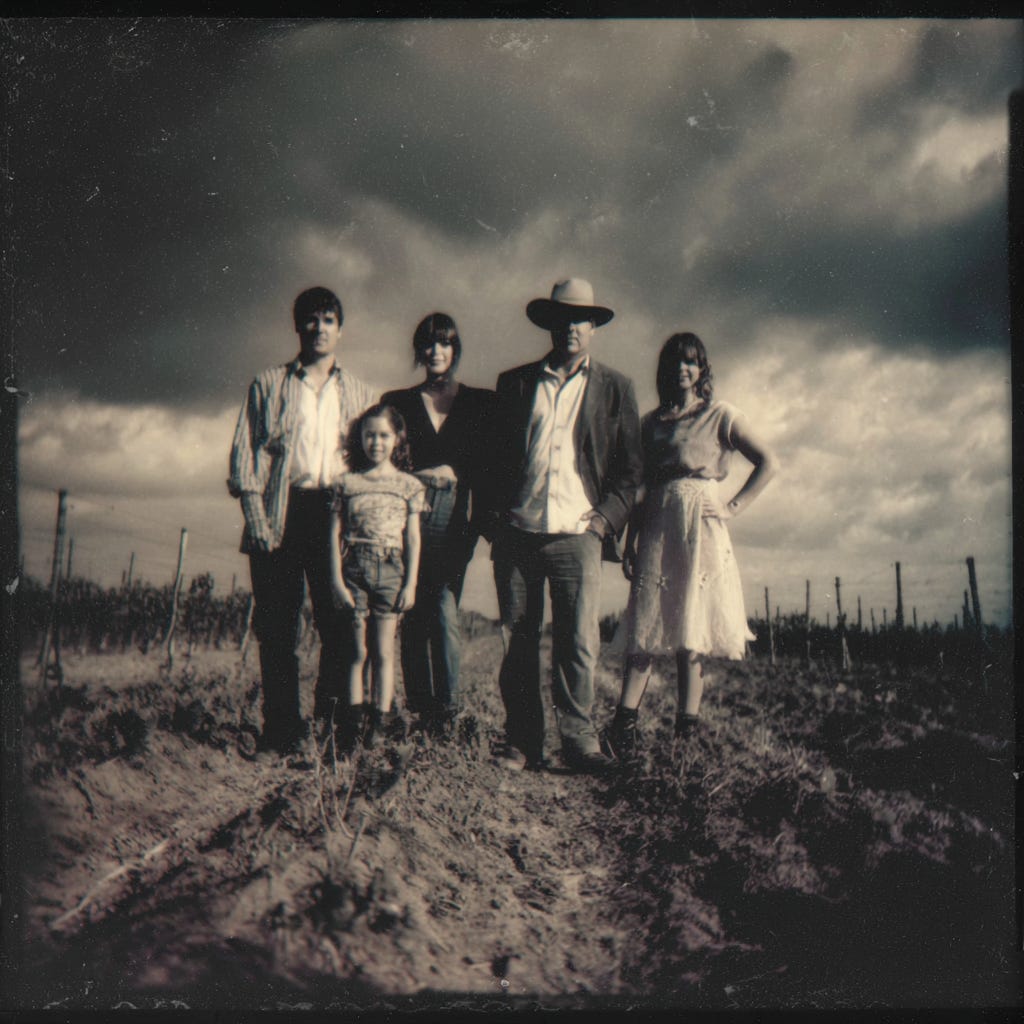
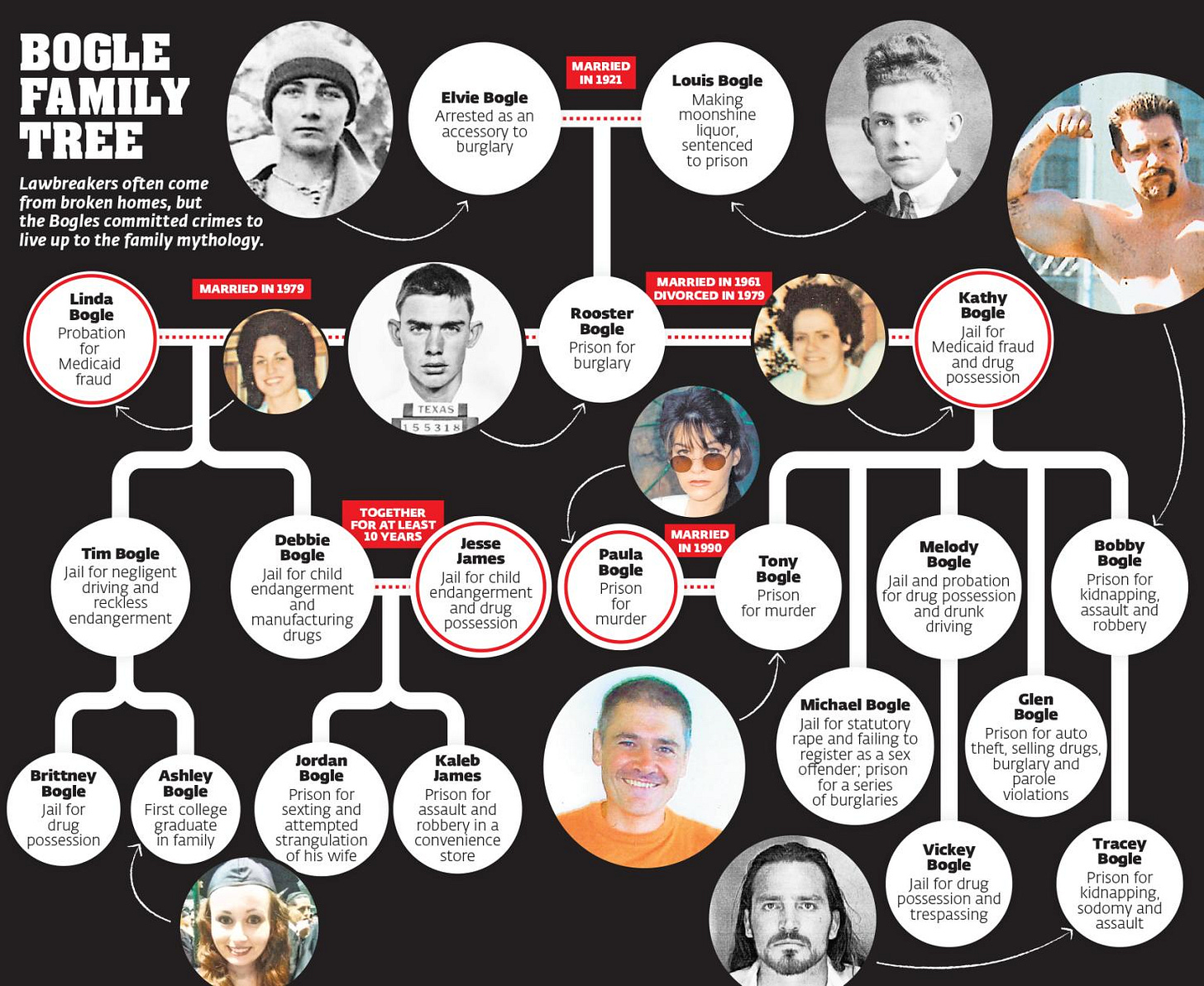
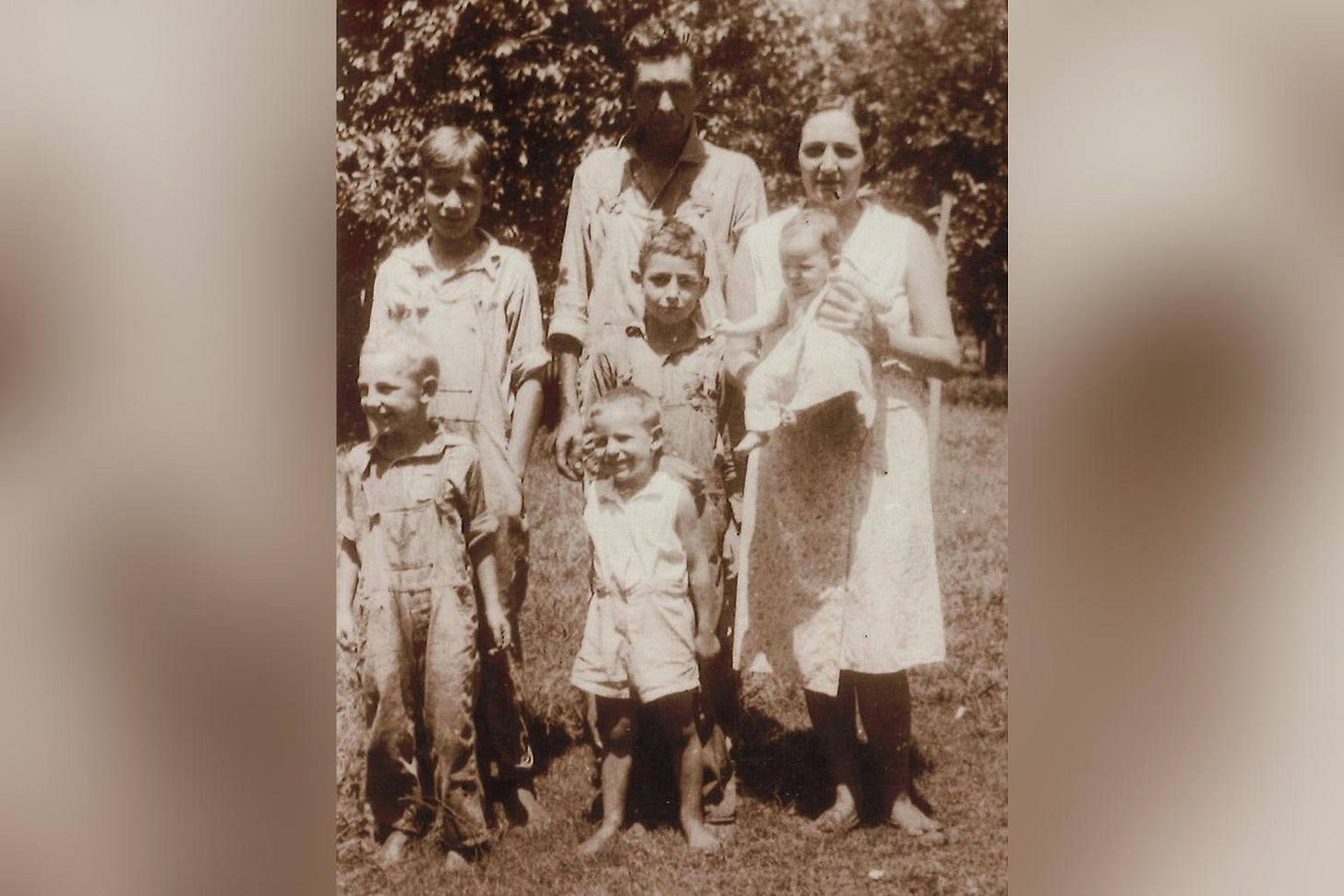
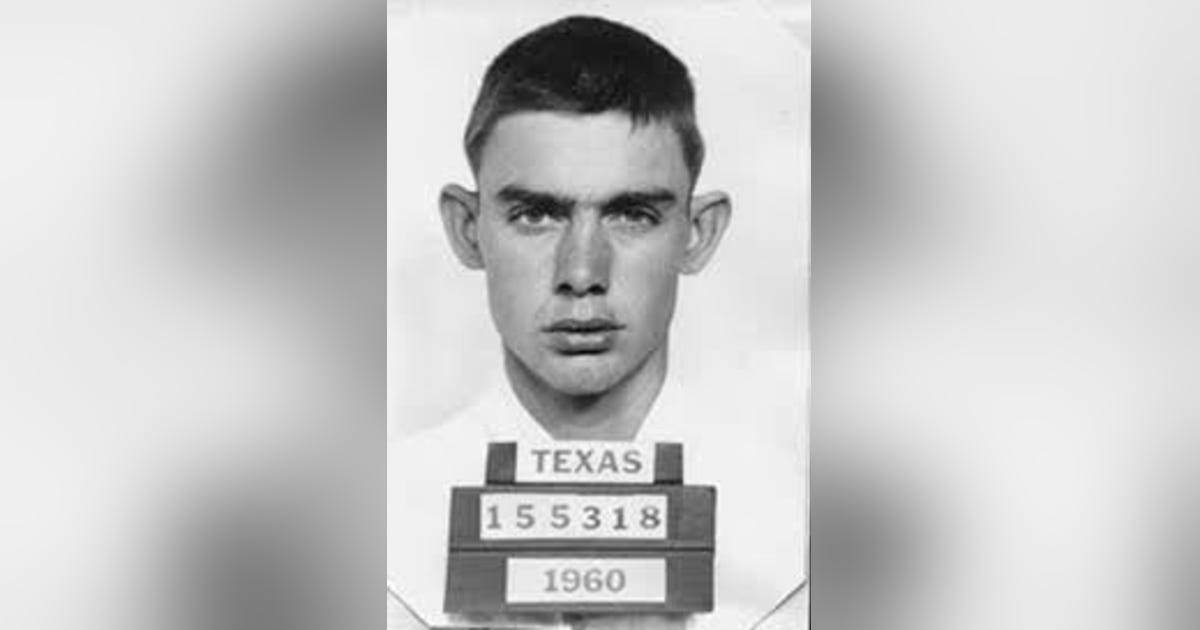
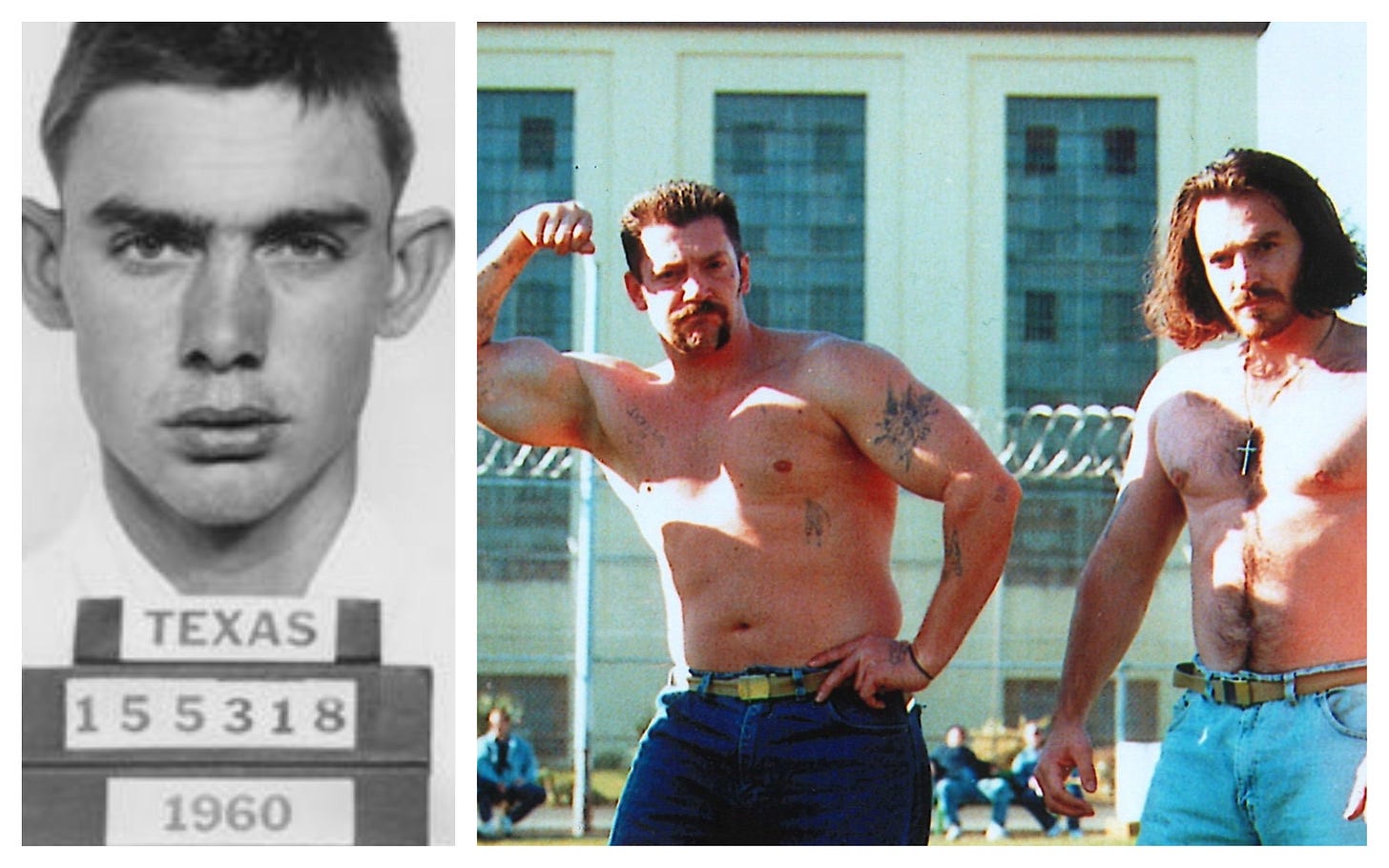
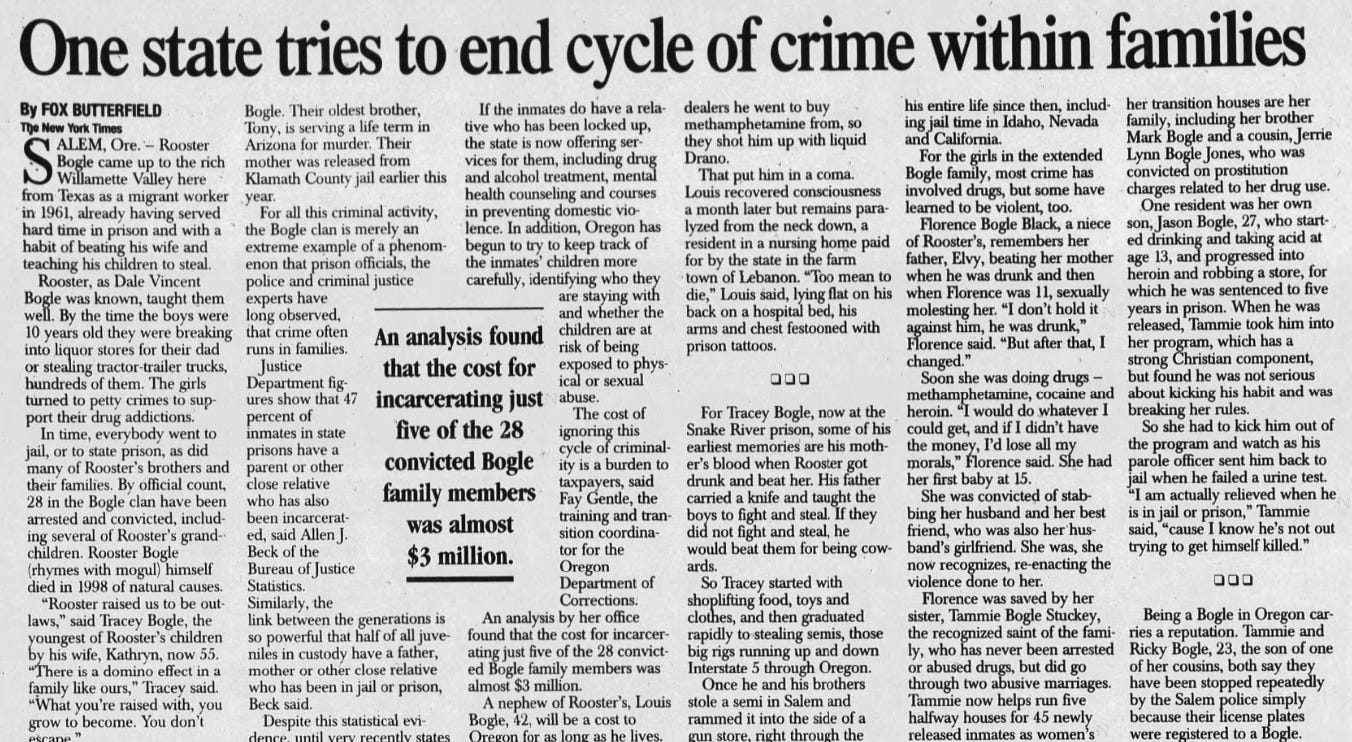
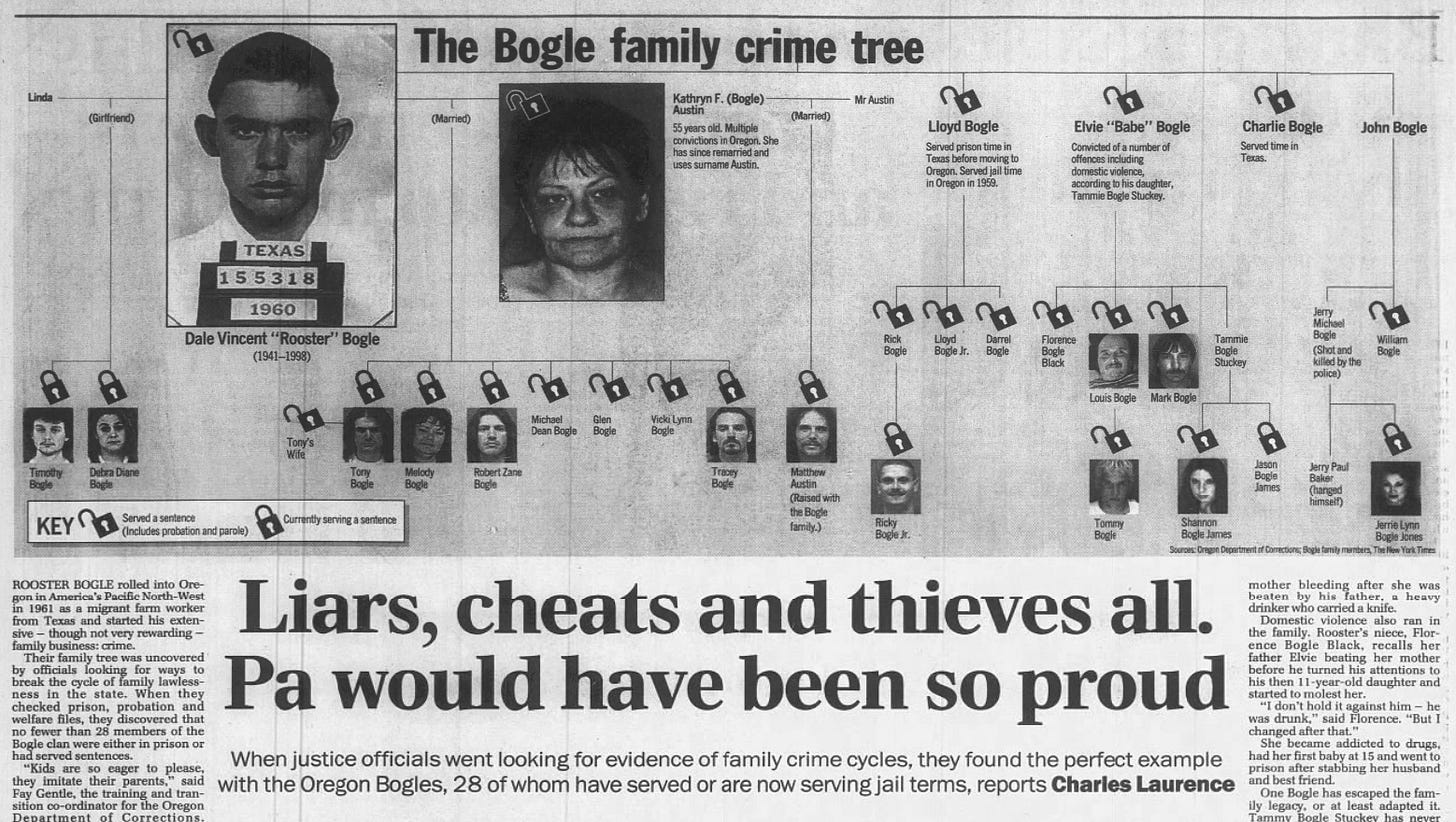
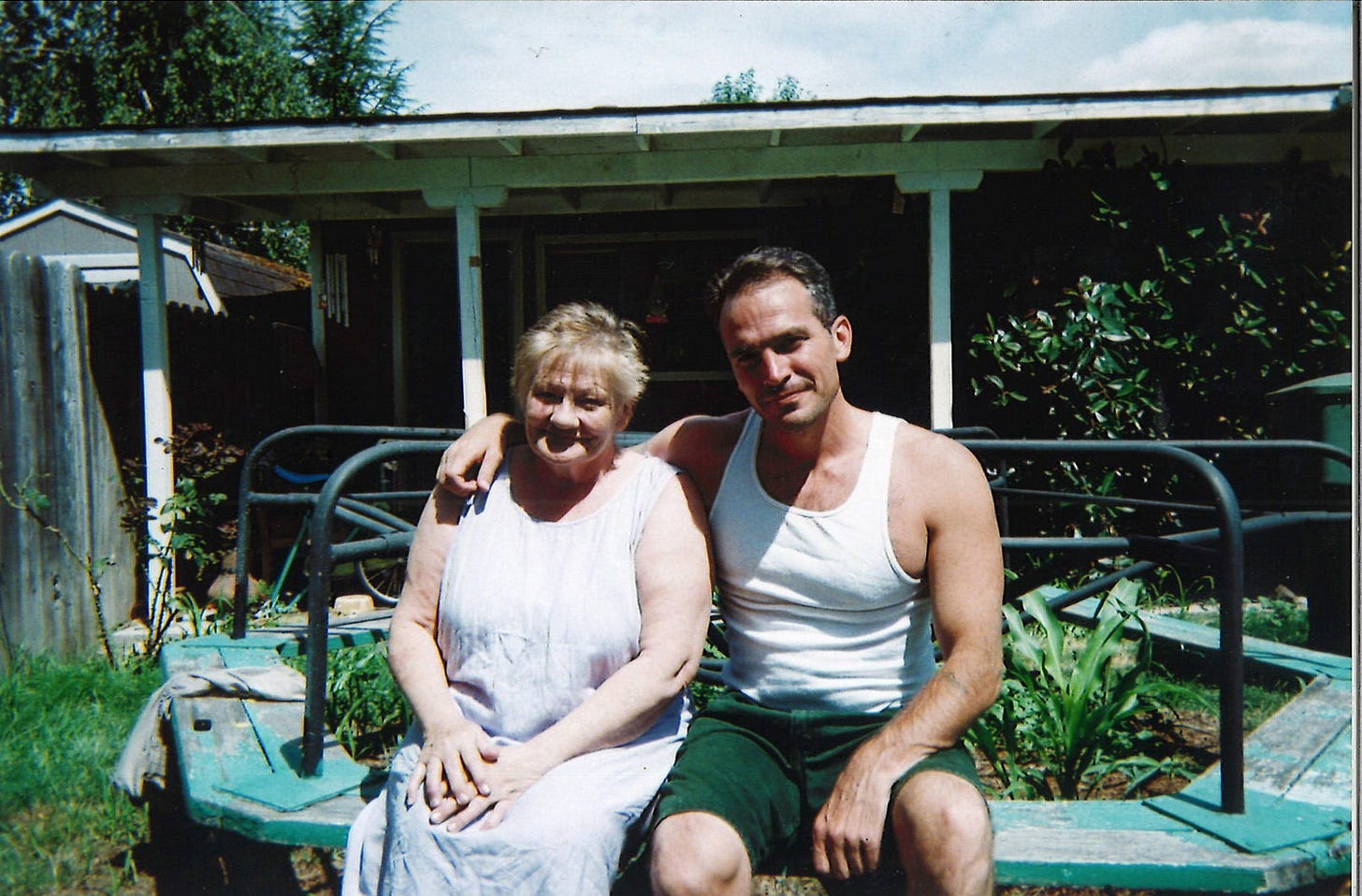

Wow! And in my backyard almost! Great read so well put together love it!
I should say bootlegging and drug smuggling are... giving medicine to the poor, wife beating was an accepted practice in the C.E. 1960s, forcing children to smoke and drink until they threw up was traditional discipline, "molestation" could mean "being beat up for no reason," selling unlicensed goods just means selling goods without the tough-on-crime bureaucracy, trickery at carnivals is legal, I get the impression from the article Louis Bogle lived in a cottage and made a car out of scrap metal parts, and laws are a social construct. In the proto-feudalism of the Anglo-Saxons it was the responsibility of the households to administer justice like fining, ordeals, hanging, drawing-and-quartering, torture, flogging, mutilation, slavery, outlawing, the stocks (which served the purpose of prison rape) burning, drowning, exile, being buried alive, an arrow in the eye, or beheading, and people could get killed by their neighbour for going on to the latter's property, like in all premodern societies. Feuds were practiced by most or all premodern societies, and people beat each other up for amusement in street fighting. "Bogle" seems to be an Irish name, so I suspect they were of Irish Traveller or triracial heritage; also is "Bogle" is related to "bogey?"